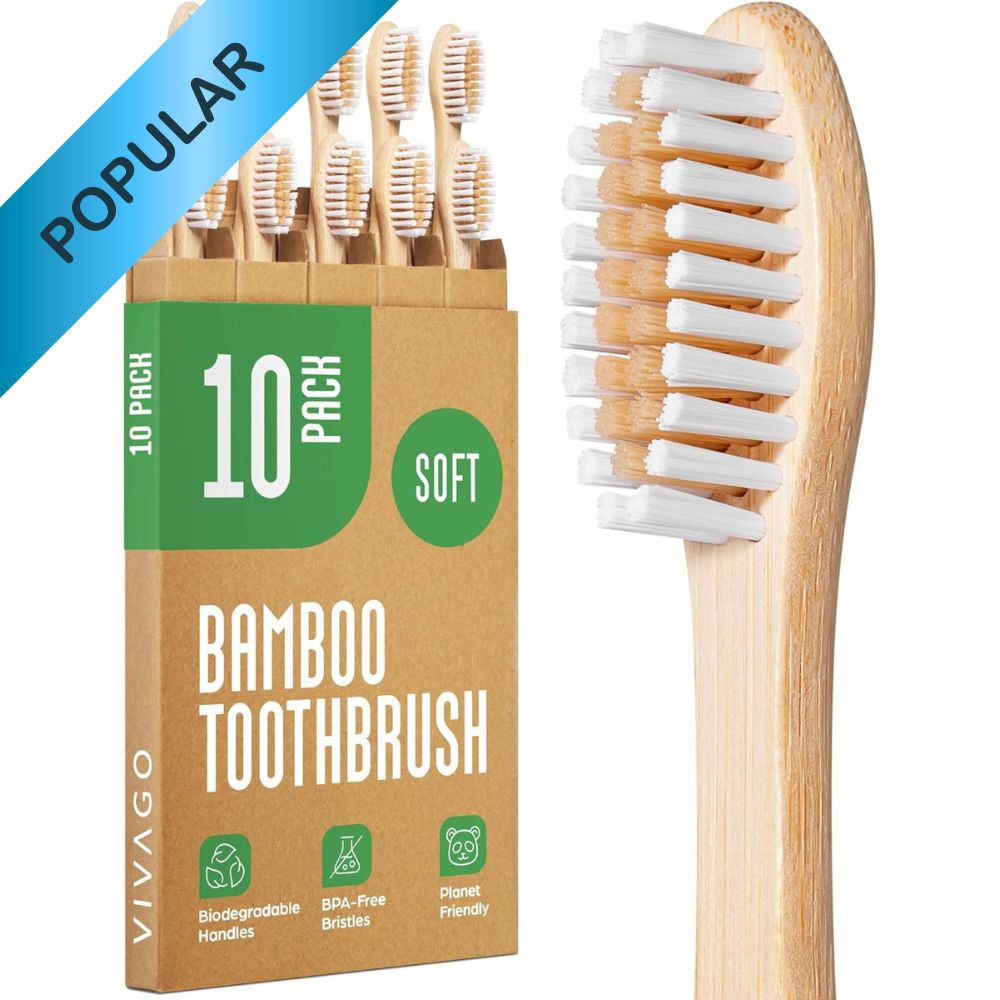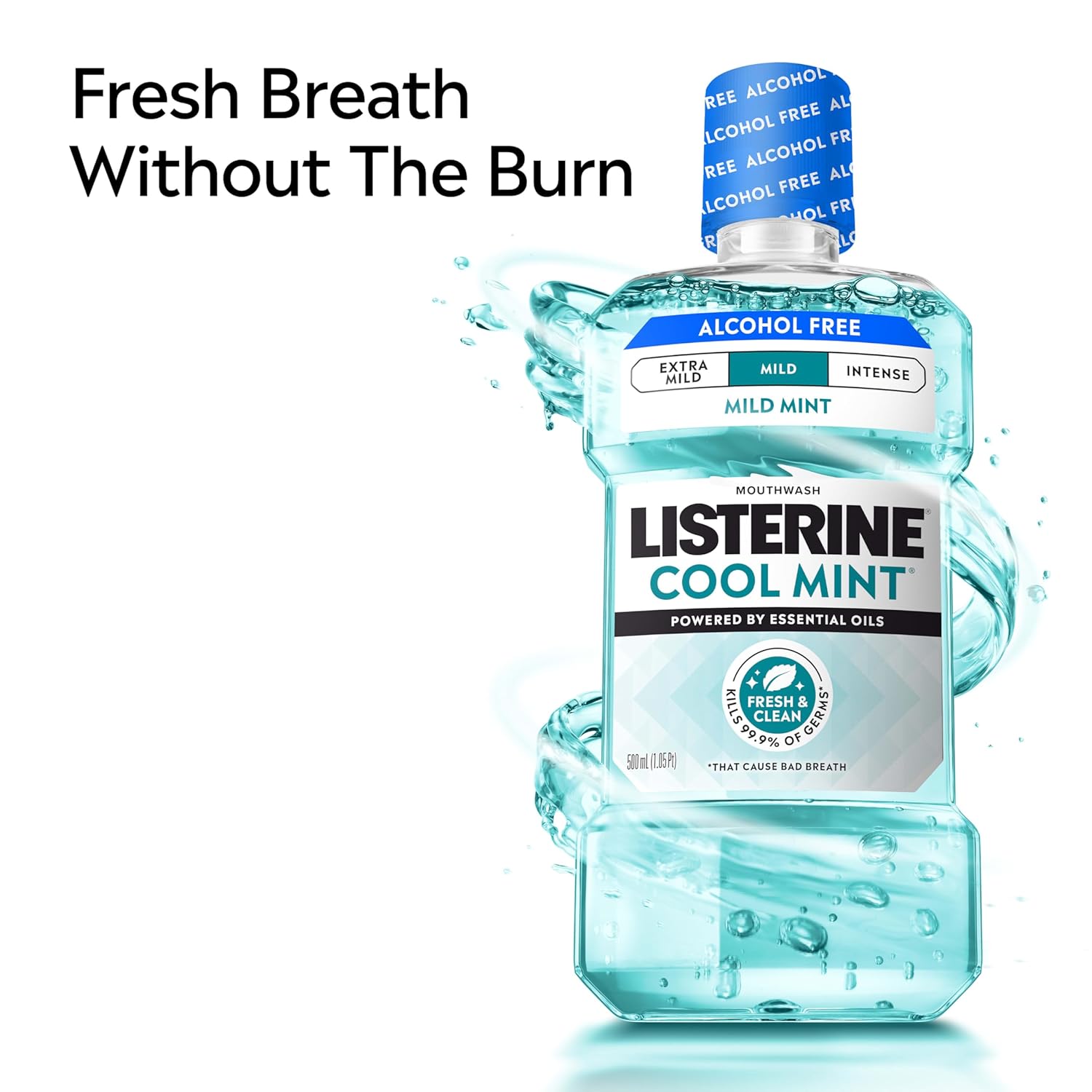A broken tooth with an exposed nerve is not just uncomfortable—it can be extremely painful and alarming. Whether the tooth was fractured due to trauma, decay, or biting into something hard, once the dental pulp (inner nerve) is exposed, it opens the door to sharp pain, infection, and increased sensitivity. While immediate dental care is ideal, it’s not always accessible. Thankfully, there are safe and practical home remedies for exposed tooth nerves that can provide temporary comfort until you see a dentist.
⚠️ Why It Hurts: Understanding Tooth Nerve Exposure
Inside each tooth lies the pulp chamber, which houses nerves and blood vessels. When a crack, break, or severe cavity exposes this sensitive area, you might experience:
- Intense, throbbing pain
- Heightened sensitivity to hot, cold, or sweet foods
- Swelling or tenderness in the gums
- Pain while chewing
The pain from a broken tooth is due to the stimulation of the exposed nerve, often worsened by air, moisture, or temperature changes.
🚨 First Steps: What to Do Immediately
1. Gently Rinse with Warm Salt Water
A simple saltwater rinse can help clean the affected area and minimize bacterial buildup.
- Mix ½ teaspoon of table salt in a cup of warm (not hot) water.
- Swish gently for 30 seconds, then spit.
- Repeat 2–3 times daily to reduce inflammation.
📝 Saltwater promotes natural healing and helps control pain-causing bacteria.
2. Apply a Cold Compress on the Outside of the Mouth
If swelling or inflammation is present, a cold compress on the cheek near the broken tooth can reduce pain and swelling.
- Wrap ice in a towel or use a gel pack.
- Apply for 15–20 minutes in intervals.
3. Over-the-Counter Pain Medication
You can temporarily manage pain with:
- Ibuprofen or acetaminophen
- Oral analgesic gels (e.g., benzocaine-based products)
Avoid putting aspirin directly on the gum—it can cause burns and worsen the situation.
🌿 Natural Home Remedies for Exposed Tooth Nerves
When you’re in pain and can’t get to a dentist, these natural remedies can bring relief and protect the nerve from irritants.
4. Clove Oil (Natural Numbing Agent)
Clove oil is rich in eugenol, which acts as a natural anesthetic and antiseptic.
How to use:
- Dilute clove oil with a carrier oil (e.g., olive or coconut oil).
- Dab onto a cotton ball and place gently on the broken tooth.
- Use 2–3 times per day, as needed.
📌 Clove oil is often used in dental emergencies for its numbing effect.
5. Garlic Paste (Anti-inflammatory and Antibacterial)
Garlic can reduce pain and kill harmful bacteria.
How to use:
- Crush a fresh garlic clove to form a paste.
- Apply directly to the exposed area for a few minutes.
- Rinse afterward with lukewarm water.
6. Peppermint Tea Bags
Peppermint has mild anesthetic properties and can soothe irritation.
- Chill a used tea bag in the freezer for 10 minutes.
- Apply it to the affected area inside the mouth.
🛡️ Temporary Protection for the Tooth
Until professional dental care is available, consider protective measures that guard the exposed area.
7. Temporary Dental Filling Kits
Available at pharmacies, emergency dental repair kits include zinc oxide or resin-based materials to cover the open area and reduce exposure.
How to use:
- Follow product instructions closely.
- Ensure the tooth is clean and dry before application.
✅ This provides a barrier from air and bacteria—but it’s not a permanent fix!
8. Dental Wax or Sugarless Gum
If you don’t have a repair kit, dental wax or sugar-free chewing gum can work as a short-term barrier.
- Soften the material and press it gently over the broken area.
- Remove before eating or drinking hot beverages.
❌ Foods and Habits to Avoid
To prevent further irritation or damage:
- Avoid very hot or cold foods and beverages.
- Stay away from sugary, acidic, or spicy foods.
- Don’t chew on the affected side of your mouth.
- Refrain from touching the area with your tongue or finger.
Also Read: 10 Home Remedies for Tooth Pain Nerve That Work Fast
🧠 When to Call the Dentist
No matter how effective a home remedy is, it’s crucial to understand that these are temporary solutions. Ignoring a fractured tooth with exposed pulp can lead to:
- Abscess or infection
- Spread of bacteria to other parts of the body
- Permanent nerve damage
- Tooth loss
🚨 Seek immediate dental care if you notice:
- Swelling in the jaw or face
- Bad taste in your mouth (could indicate infection)
- Fever or chills
- Pus formation or bleeding from the site
👨⚕️ What Dentists Recommend
According to dental health professionals and American Dental Association (ADA) guidelines:
- An exposed nerve should be evaluated immediately.
- Treatments may include dental bonding, a root canal, or even tooth extraction, depending on the severity.
- Do not attempt to extract or file the tooth yourself—this can cause irreversible damage.
✔️ Prevention Tips for the Future
To avoid future dental emergencies:
- Wear a mouthguard during contact sports or nighttime grinding.
- Avoid chewing on hard substances (ice, popcorn kernels, pens).
- Maintain regular dental checkups and cleanings.
- Treat cavities and cracks early before they worsen.
FAQs
What is the best home remedy for a broken tooth nerve pain?
Clove oil is the most effective home remedy due to its numbing and antibacterial properties. You can also try saltwater rinses, cold compresses, or over-the-counter pain relievers to ease discomfort until you get professional dental care.
Can I treat a broken tooth with an exposed nerve at home safely?
Home remedies like clove oil and dental wax can help temporarily, but they don’t replace dental treatment. Leaving an exposed nerve untreated can lead to infection, so it’s important to see a dentist as soon as possible.
How long can I wait to see a dentist if my tooth nerve is exposed?
You should see a dentist within 24–48 hours. Waiting too long increases the risk of infection, severe pain, or permanent damage. If symptoms worsen, like swelling or pus, seek emergency care immediately.
What foods should I avoid with a broken tooth and exposed nerve?
Avoid hot, cold, sweet, acidic, or crunchy foods, as they can trigger nerve pain. Stick to soft, lukewarm meals and chew on the unaffected side of your mouth to prevent further irritation.
Is clove oil effective for relieving exposed tooth nerve pain?
Yes, clove oil contains eugenol, which acts as a natural anesthetic and antibacterial agent. It can temporarily relieve pain when applied directly to the exposed nerve using a cotton swab.
Final Thoughts
A home remedy for a broken tooth with an exposed nerve can ease your pain and prevent worsening symptoms—but it is not a cure. Think of these methods as emergency dental first aid. The ultimate goal is to preserve your oral health by getting professional dental care as soon as possible. Acting quickly can make the difference between saving and losing your tooth.
📢 Expert Insight: Practicing good oral hygiene, wearing protective gear, and avoiding risky habits can reduce your chances of future dental trauma.
Disclaimer: The content provided in this article is for educational and informational purposes only. It does not substitute professional medical advice, diagnosis, or treatment. For guidance specific to your dental condition or recovery, please consult your dentist, oral surgeon, or licensed healthcare provider.


















0 Comments